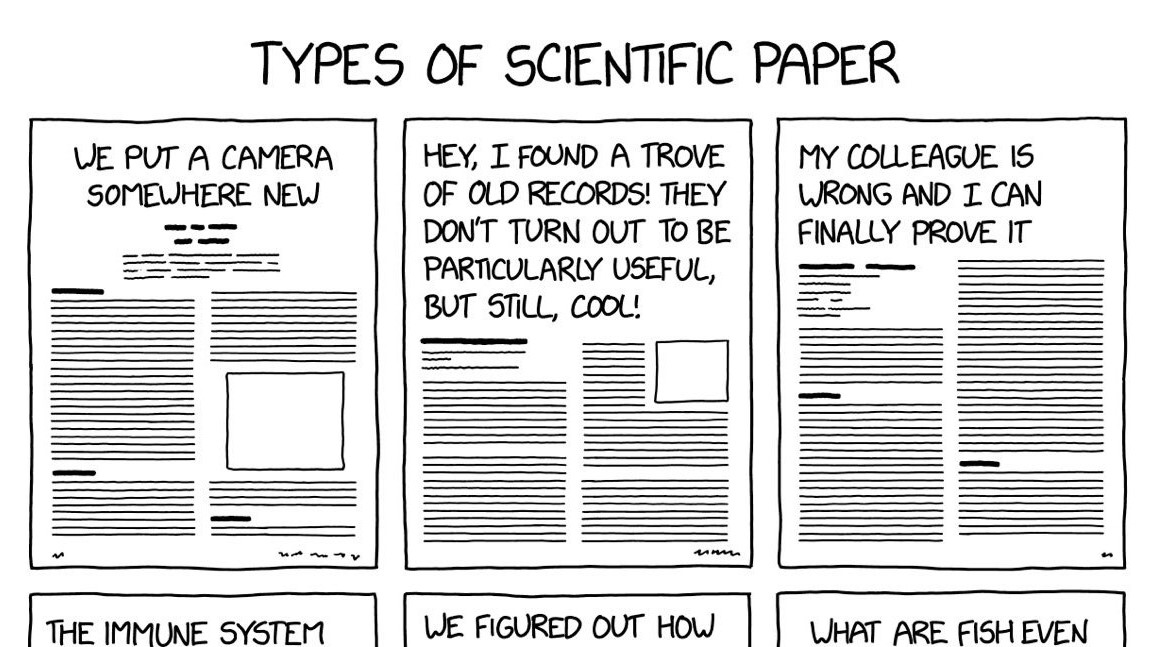To receive a free full-text email of The Zeitgeist whenever we publish to the website, please sign up here. You’ll get two or three of these emails every week, and your email will not be shared with anyone. Ever.

It isn’t very often that coverage of something as niche as SPACs (special-purpose acquisition companies) would make our list of the most linguistically connected financial news. Then again, thanks to 2020, I suppose we can’t really call SPACs niche news any more. Even if they were still consigned to the “weird stuff that seems very obviously designed to disproportionately benefit sponsors and allow management to do stuff they wouldn’t be allowed to do in other ways” bin, articles about the deal that triggered the Zeitgeist today probably would have risen anyway. Use language usually applied to each of private equity, private credit, asset managers and M&A in a single article and you’re at the intersection of a lot of newsflow. But the presence of other similar deals (like whatever in God’s name THIS is supposed to be) with similar language in the vicinity helps.
Dyal Capital Is in Talks to Merge With Owl Rock Through SPAC [Bloomberg]
Dyal and Owl Rock plan merger in one of largest Spac deals [Financial Times]
Dyal is a unit of Neuberger Berman. They raise funds from big asset owners to take minority stakes in asset managers, and have developed a bit of a specialty for doing those deals with private equity companies. It’s a notoriously complicated business, mostly because the reason the opportunity to make compelling investments exists (i.e. finding liquidity for stakes in asset managers without completely disrupting their business is hard) also makes it tough to get out of the investments they make. Dyal’s recent success doing so by effectively securitizing management fee streams from one of their funds was particularly clever.
So now they’ve turned a bit of that cleverness to their own capital structure.
The TLDR is this: one of Dyal’s funds bought a minority stake in one of the biggest private credit shops in 2018. Their funds bought a minority stake in a big direct lending / BDC sponsor firm earlier this year. The latter (HPS) formed the sponsor to a SPAC (Altimar) that has made a proposal that would merge the former (Owl Rock) with Dyal (the GP), its minority private equity investor.
Got all that straight?
It is hard to know much of what may be going on behind the scenes in this case. Neuberger is famously independent and employee-owned. In my experience (and opinion) it is run by one of the best CEOs in asset management, George Walker. It has a great culture in the authentic and non-B-school nonsense sense of the word. But as lovely as all that is, none of it really helps if you’re running a business unit like Dyal and desire operational independence or additional scale in your area of the market. Or a liquidity event.
It isn’t weird for a 100% employee-owned company or some subset of its employees to want a chunk of liquidity, if that’s part of what’s happening here.
It isn’t weird for a rapidly growing, somewhat off-core unit of a 100% employee-owned company to want a bit more independence, if that’s what’s happening here.
It isn’t weird for a private equity GP that dominates its niche to want to have a wider range of product to sell to its big clients.
It isn’t weird for a private lender, especially one with a meaningful leveraged loans business, to see some appeal in another source of good deal flow (although if I were an LP I’m not sure how much asset management sub debt I’d really like stuffed into my portfolio).
It isn’t weird for two alternative asset managers to believe that our environment is one which always favors more scale.
On the other hand, it IS pretty weird for a private equity GP to merge with a portfolio company through a SPAC sponsored by another portfolio company. Not weird enough to completely freak out. But weird enough, if I were a Dyal LP, to ask a few pretty pointed questions on our next call. Beyond the usual questions about any kind of disruptive M&A transaction, what would I ask?
- If I were a compliance officer reading emails or the team’s Slack/Teams channel, how likely do you think that it is I would find discussion of a potential such transaction during diligence for the Owl Rock deal? How about during HPS? Any time since, especially before the SPAC filing?
- Yes, I read that bit in the SPAC’s prospectus about that never happening with HPS. Got it. But seriously.
- There’s quite a lot of thought in the SPAC prospectus devoted to carveouts for affiliates. Am I going to get all the details on the flow of funds and ownership here?
- LPs are not going to be paying the carry on those two deals, correct?
Sometimes complicated is just complicated. And if there is any really big, traditional asset management company I’d still be willing to give the benefit of the doubt on something like this, it’s Neuberger (OK, maybe Wellington, too).
But this nesting doll of a deal IS weird and worthy of more than usual scrutiny, especially if you are an LP in one of these funds.
For the rest of us, maybe it’s not this structure that does it. And maybe it’s not the PWP SPAC merger rumored last week that does it. But SPAC world, especially when it comes to financial services and fintech companies, really seems to be careening toward Too Clever By Half territory.




The old joke on Fin Twitter used to be when a public official left an administration they went straight to Janus. I don’t know why, but ‘Orszag to Janus’ was always a funny meme. (Or Geithner to Warburg Pincus, which actually happened) But now if you’re a public figure and you’re retiring/forced out the only logical step is to start a SPAC. If you think about it where else can you get such long latitude from your constituents (in this case investors) and have no expectation that self-dealing is out of bounds?
My favorite part of this SPAC is that they cut the IPO participants’ traditional warrants by 2/3 and called it a feature since it would “help make finding good transactions more practical.” Still subscribed. Weird world, DY.
Pack, please help. SPAC? I’m a privately held company that can’t, doesn’t want to or will never IPO, but I want to participate in this bullish equity market, let’s SPAC. My private company creates more value than let’s say Tesla, where’s my equity kicker, let’s SPAC. Am I simplifying too much? I should read something (what?) for more on SPAC? I’m way off base? Thanks.
SPAC’s strike me as sort of an inside-out version of the dot-com tracking stock racket.